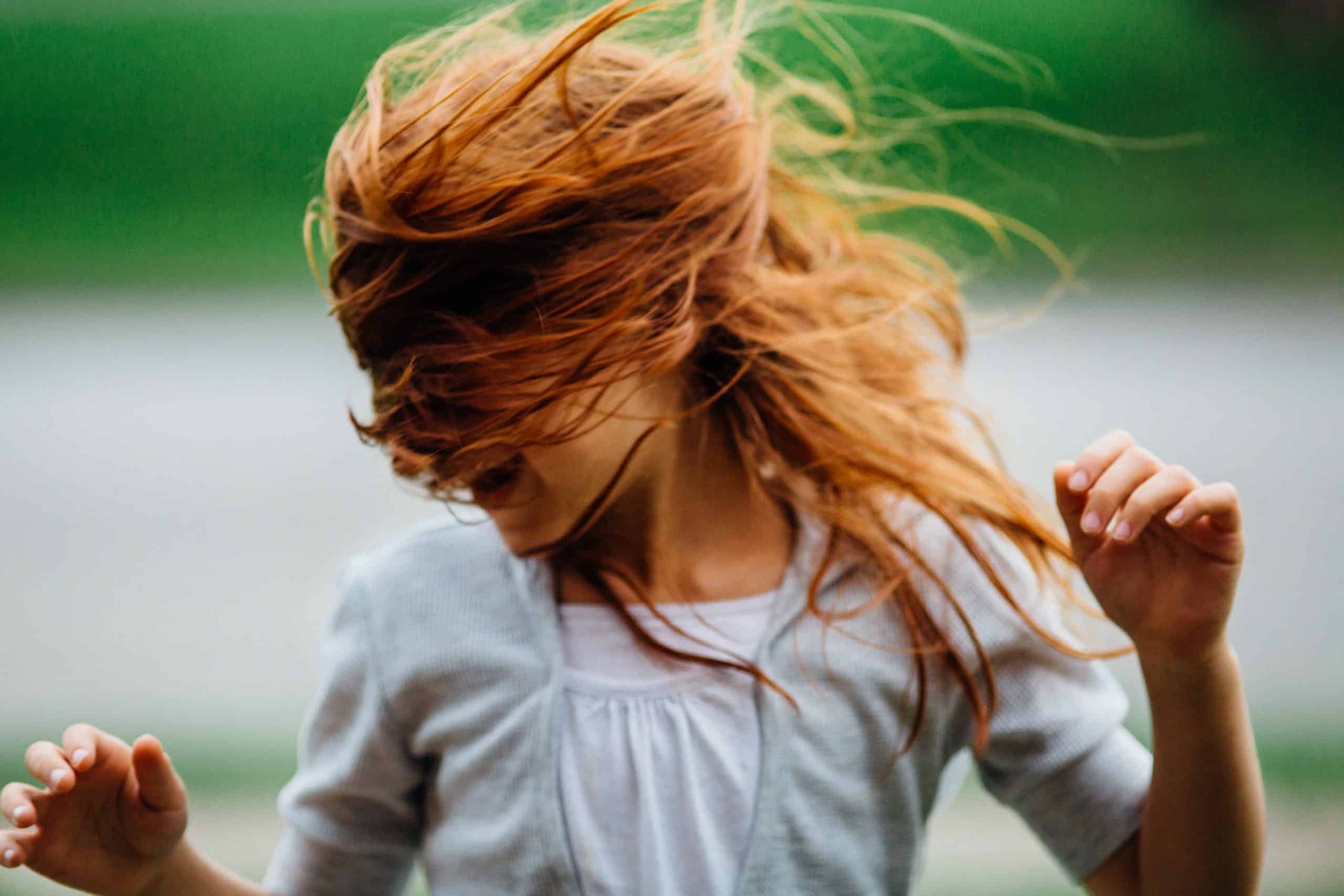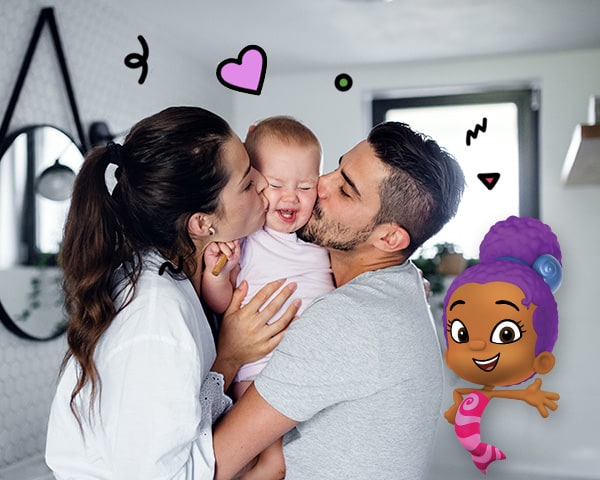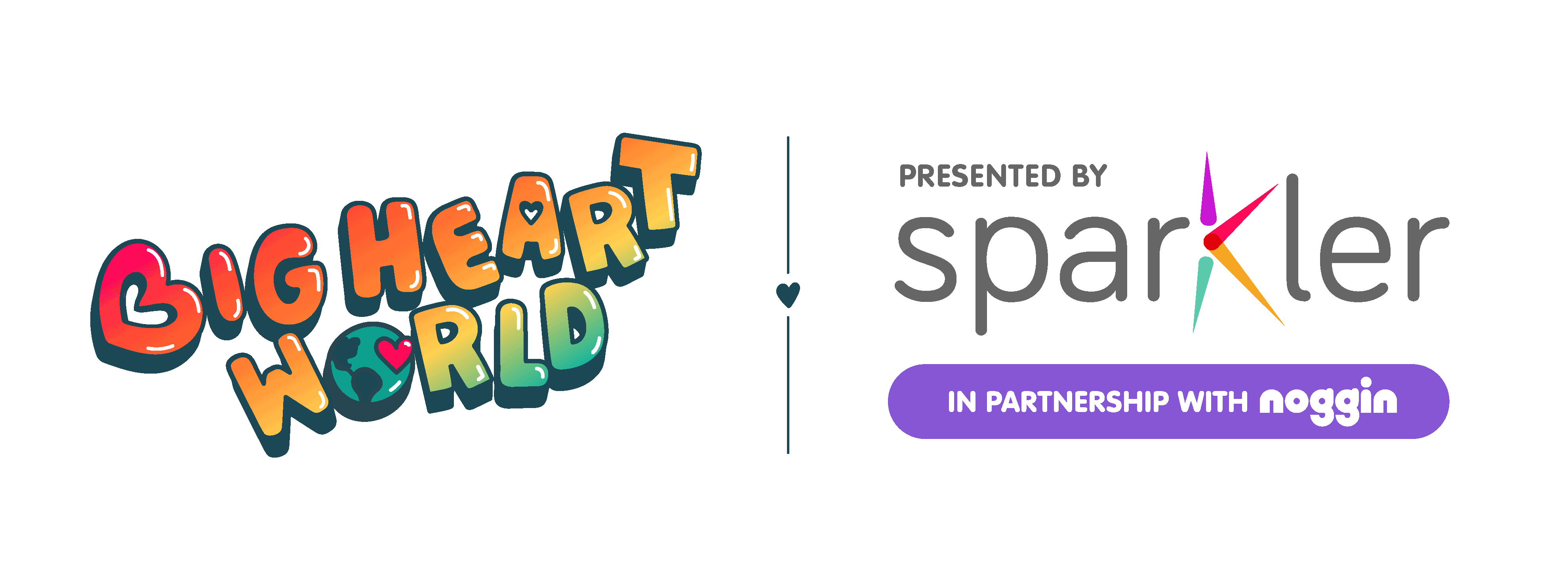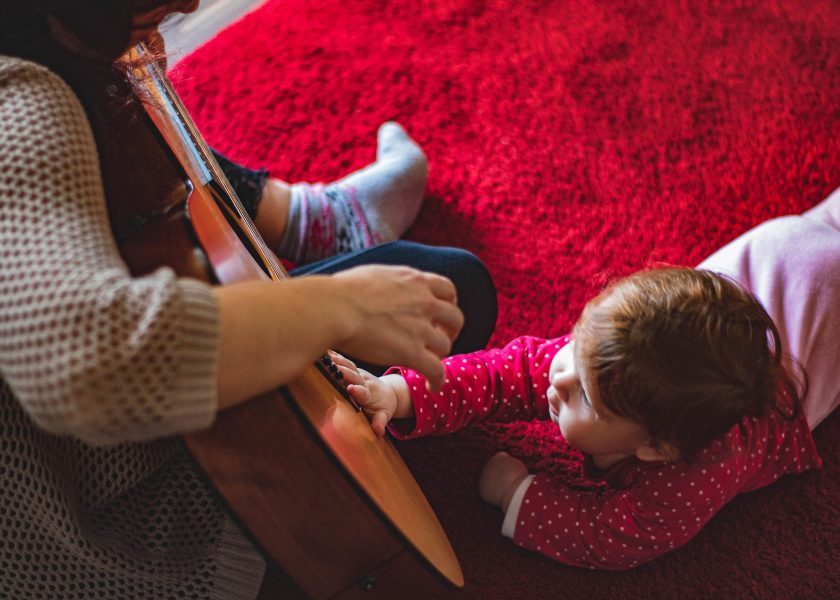Feel the Music
Molly from the Bubble Guppies plays the guitar, Moose and Zee sing, and the PAW Patrol pups are known for their Pup Pup Boogie.
Music helps Noggin friends express themselves — and it helps kids, too! It can give children and their grown-ups energy, help them remember, or relax them and help them fall asleep. Studies have shown that music education can even accelerate brain growth for young children.
Parents and educators can use music in playful ways with children to help them develop social and emotional skills, including self-regulation, understanding emotions, building relationships, developing self-confidence, understanding others, sharing, and taking turns.
So, turn on the music and start moving to learn…with your baby, little kid, or big kid!
Parent/Caregiver Tip: Nobody is too young or too old to start learning from music! Studies have shown that even very young babies can tell the difference between happy and sad music (Flom, Gentile, and Pick, 2008). Another study found that music instruction appears to accelerate brain development, especially in the parts of the brain related to sound, language development, speech perception, and reading (Habibi, Cahn, Damasio, and Damasio, 2016).

Feel the Music (Toddlers and Big Kids)
Instructions
- Let’s listen to some new music!
- I’ll press “play” and we’ll listen. Let’s dance and move to the song we hear. How does this song make us feel?
- Listen carefully when it’s time to switch to the next song. The rhythms and feelings are different. How should we move our bodies to THIS song? How do we feel now?
- Tip for parents: Older children can pay close attention to the music and pick out how the songs are different. Are the notes long or short? Loud or soft? What makes a happy song happy?

Feel the Music (for Babies)
Instructions
- Let’s listen to some new music!
- Some songs are slow and sad sounding. Some songs are fast and happy! Some songs are loud and angry sounding. Some songs make us want to relax and take a nap.
- I’ll hold you in my arms and move my body to each of the different songs we hear. As we do, I’ll talk about how each song makes me feel.

